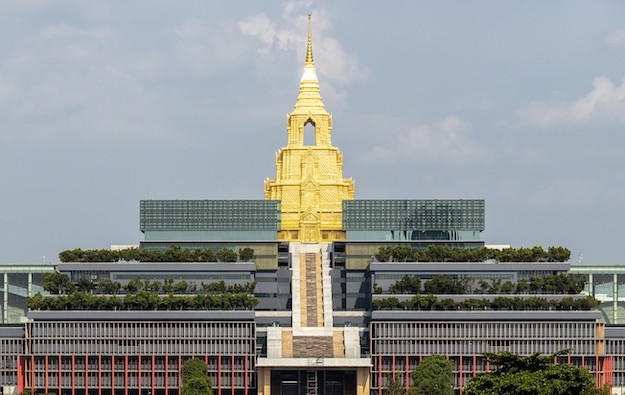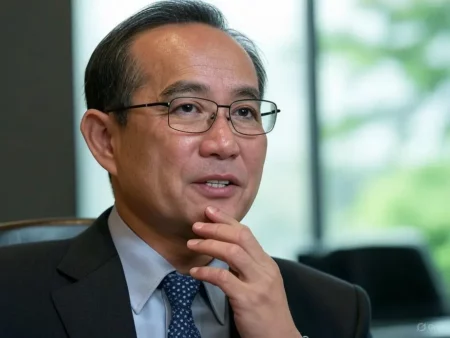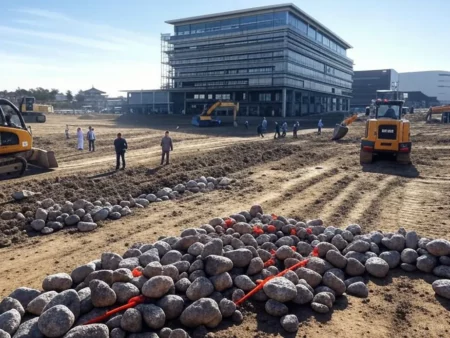The Thai Senate plans to establish a committee to study the impact of legalizing casino resorts. The related legislation will be reviewed by the lower house next week, with clear divisions in support and opposition emerging.
The issue of legalizing entertainment venues in Thailand has resurfaced in public attention, as the Thai Senate plans to form a special committee to investigate the potential economic and social impacts of legalizing casino resorts. This news comes from a recent report by the Bangkok Post, indicating that as the lower house is expected to discuss the bill next week, the positions within the Senate appear to be complex and multifaceted.

Senator Pisit Apiwattanapong, spokesperson for the Senate Affairs Committee, pointed out that two motions related to casino legalization were submitted to the Senate on April 8, showing that the legislature is taking a serious approach to casino policy. However, Pisit also revealed that there is a general divide in the Senate regarding this policy, with the majority of senators currently opposed to legalization. They are calling for a broad public referendum before any decisions are made to ensure that the voices of the people are heard in the final decision-making process.
Government chief legislator Wisut Chainarun further stated on Wednesday that the review of the casino bill originally scheduled for Thursday (April 3) would be postponed, with the actual review time set for April 9. Meanwhile, Thursday’s meeting will mainly focus on discussions regarding the situation following recent earthquakes, reflecting the government’s priorities in handling public safety and legal issues.
Opposition to the casino bill is also growing. On Wednesday, Thanakorn Kromkrit, Secretary-General of the “Stop Gambling Foundation,” along with House Speaker Wan Muhamad Noor Matha, and opposition and People’s Party leader Natthaphong Ruengpanyawut, jointly submitted a petition against the casino bill to the government. This petition highlights the various concerns and opposition to the casino policy and reflects the widespread discussion and heated controversy surrounding this issue in society.
In the petition, Thanakorn called for all political parties to reject the bill and encouraged the opposition to propose a referendum. He argued that the promotion of casino policy is “extremely irresponsible,” especially in the absence of comprehensive and systematic research, which could lead to potential social problems and economic risks. Furthermore, he pointed out that casino policy should not be a focal point during election campaigns, showing his skepticism about the transparency and legitimacy of the policy’s legalization process.
Observers have noted that while the Thai government and some legislators advocate for the legalization of the casino industry primarily for economic development reasons—believing that it could attract foreign investment, increase tax revenue, and boost tourism—the urgency of social opposition is growing. Any decisions made must consider the interests of all parties to maintain social stability and harmony. The subsequent review of this bill will not only have far-reaching implications for the economy but may also test the Thai government’s decision-making abilities and sense of responsibility in the face of public opinion.
In the coming days, as the lower house conducts its review and the Senate committee is formally established, discussions regarding the casino bill will intensify in society. Throughout this process, balancing economic needs with social responsibilities will be a significant challenge for decision-makers.























[…] For a broader understanding of gambling industries worldwide, reviewing insights from sectors like casino legislation can offer valuable lessons in governance and […]